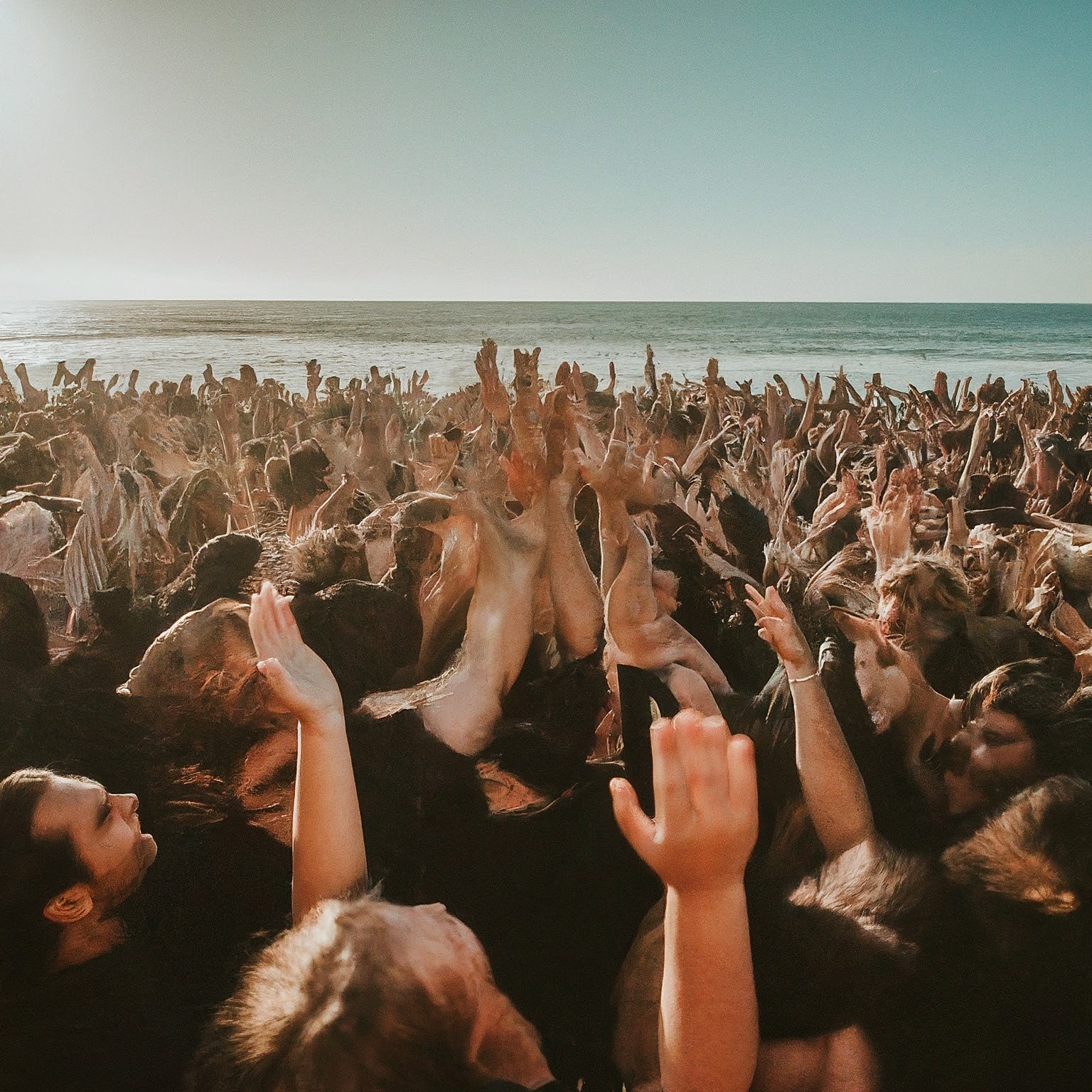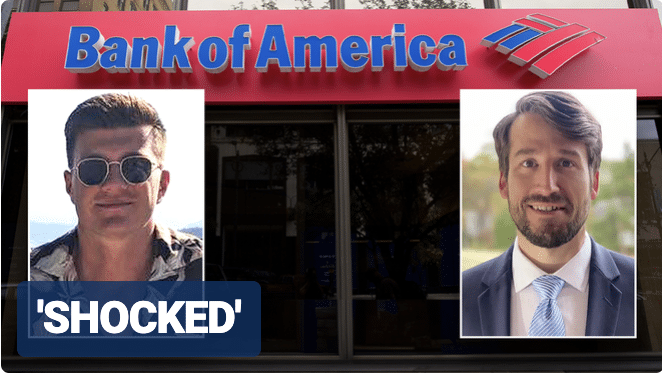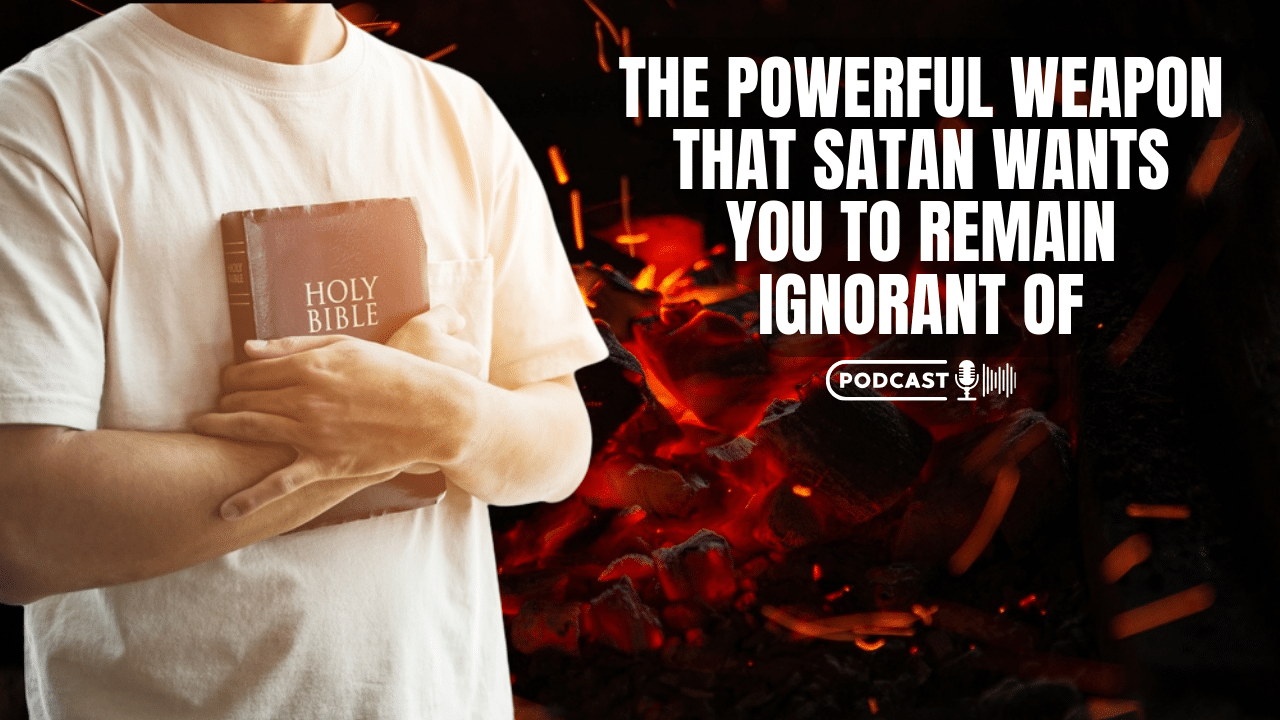Tallahassee’s City Walk Urban Mission just wanted to set up a transitional housing program for the homeless during the COVID-19 pandemic. But local officials weren’t having it.
The church and religious mission were technically allowed to operate a temporary cold-night shelter for homeless people in November 2020, but months later, they couldn’t get the permit they needed to expand their operation. Some neighbors weren’t thrilled to be living by a homeless shelter either. But City Walk went ahead anyway.
“This is obedience to God,” the mission’s executive director, Renee Miller, told the Tallahassee Democrat last March. “He’s told me to do it, and until he tells me to stop, I will not stop.” What happened next snowballed into a full-blown constitutional fight. City Walk sued both the City of Tallahassee and the Tallahassee-Leon County Planning Commission for denying its permit application last month.
Their argument? Blocking them violated their First Amendment rights to free speech and religious expression. After all, how can a Christian claim total faith in Jesus and not want to help homeless people? “For people who are deeply religious and really feel it, the idea is that in many ways they try to follow Christ’s example on Earth.
Christ preaches charity and good works to the less fortunate, and that’s what these folks do as a matter of faith,” Gary Edinger, an attorney for City Walk, explained. “It’s not just a private thing for their own benefit or even for the benefit of their congregation, but the idea is that they’re an example for the community.”
“That’s the expressive part,” Edinger added. “That’s why there’s a free speech issue.” That argument isn’t novel. In recent years, anti-poverty activists and religious types have repeatedly found themselves arguing that serving homeless people is a critical constitutional right—that giving money or food can be a means of political expression, or that providing shelter when a person has none can show a commitment to one’s faith. READ MORE

















